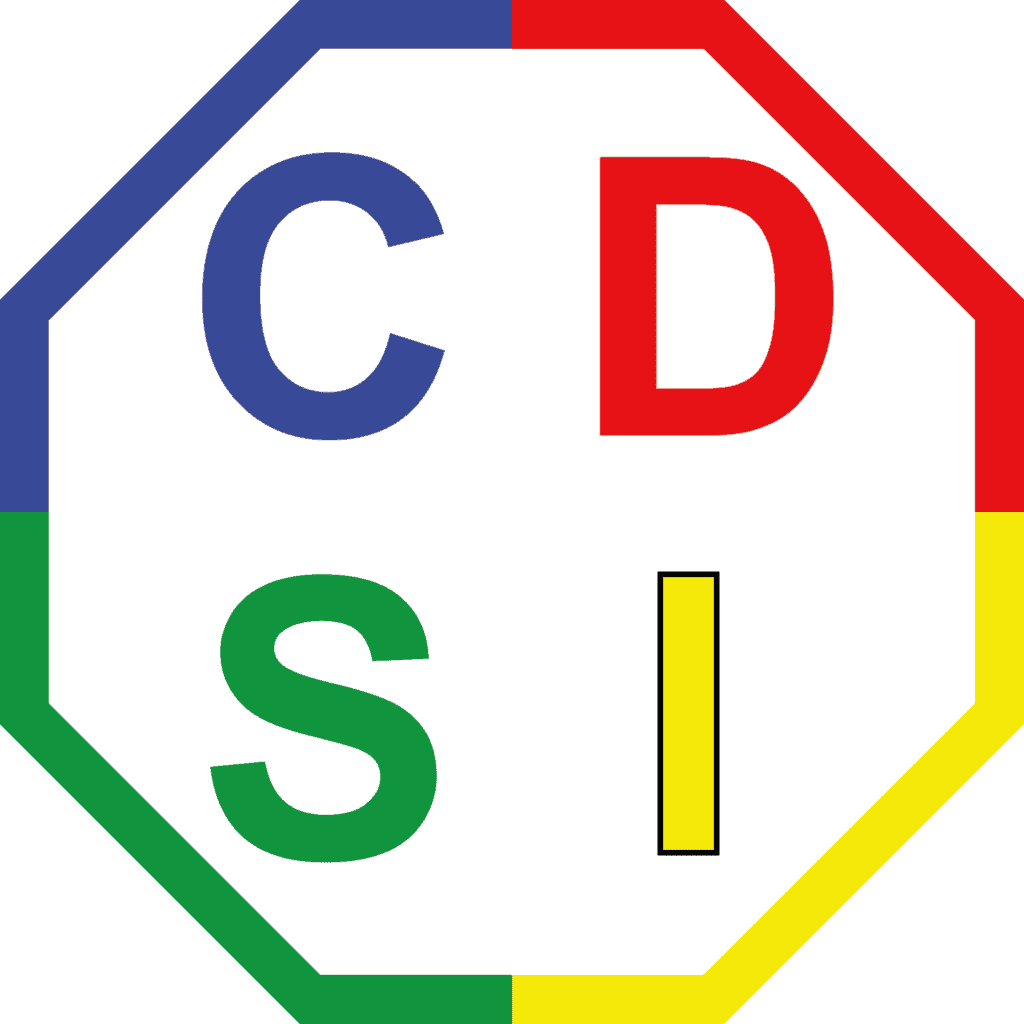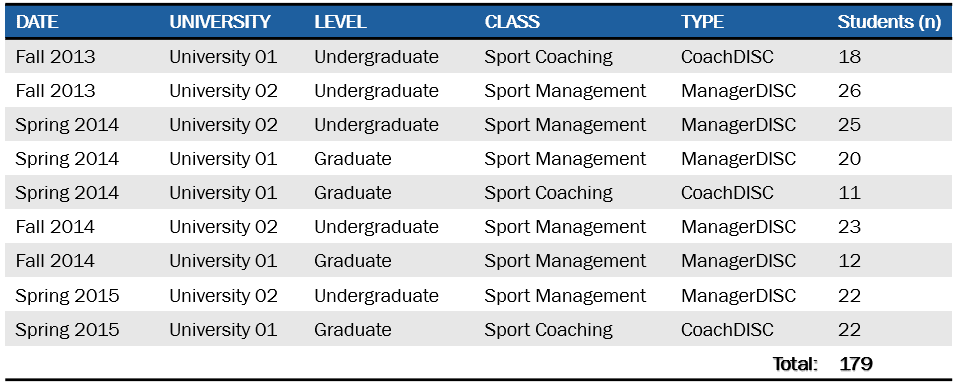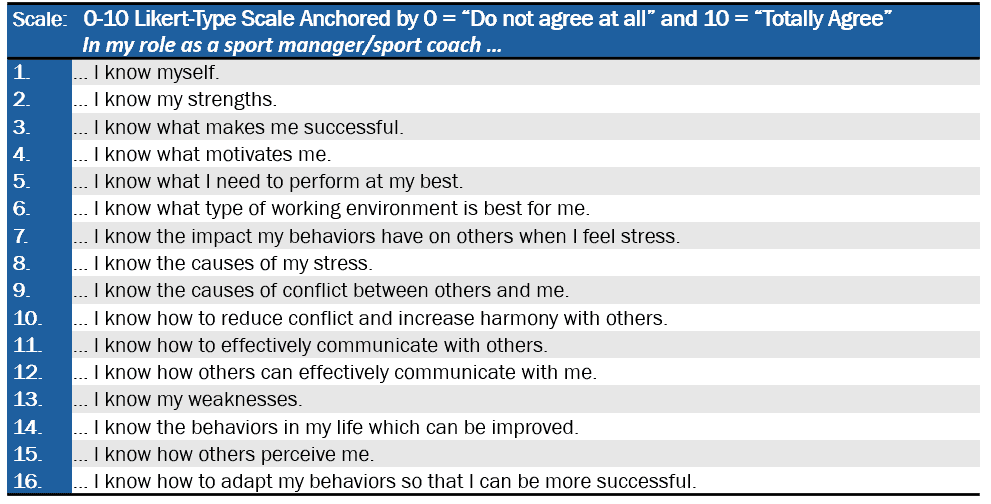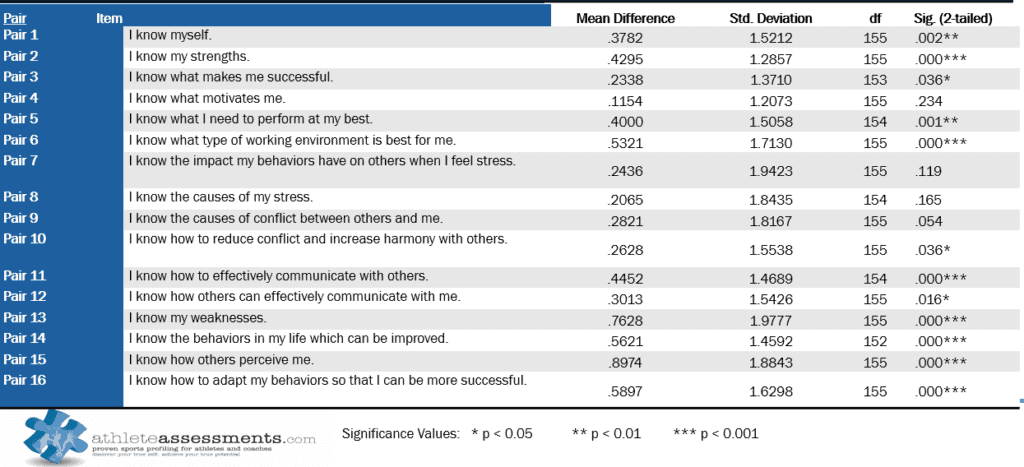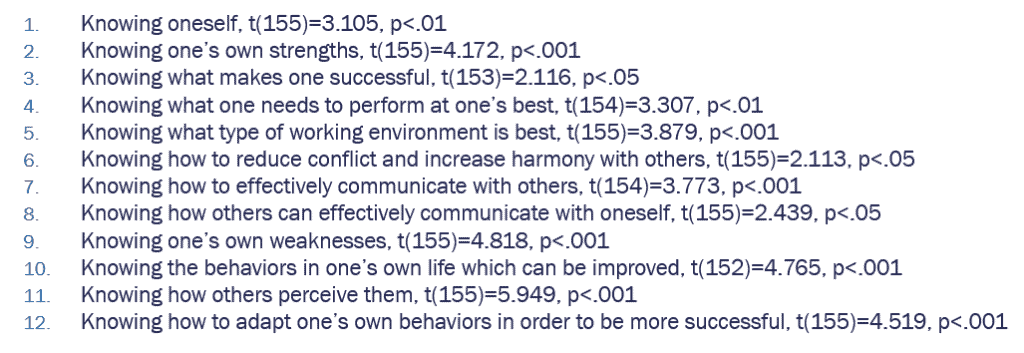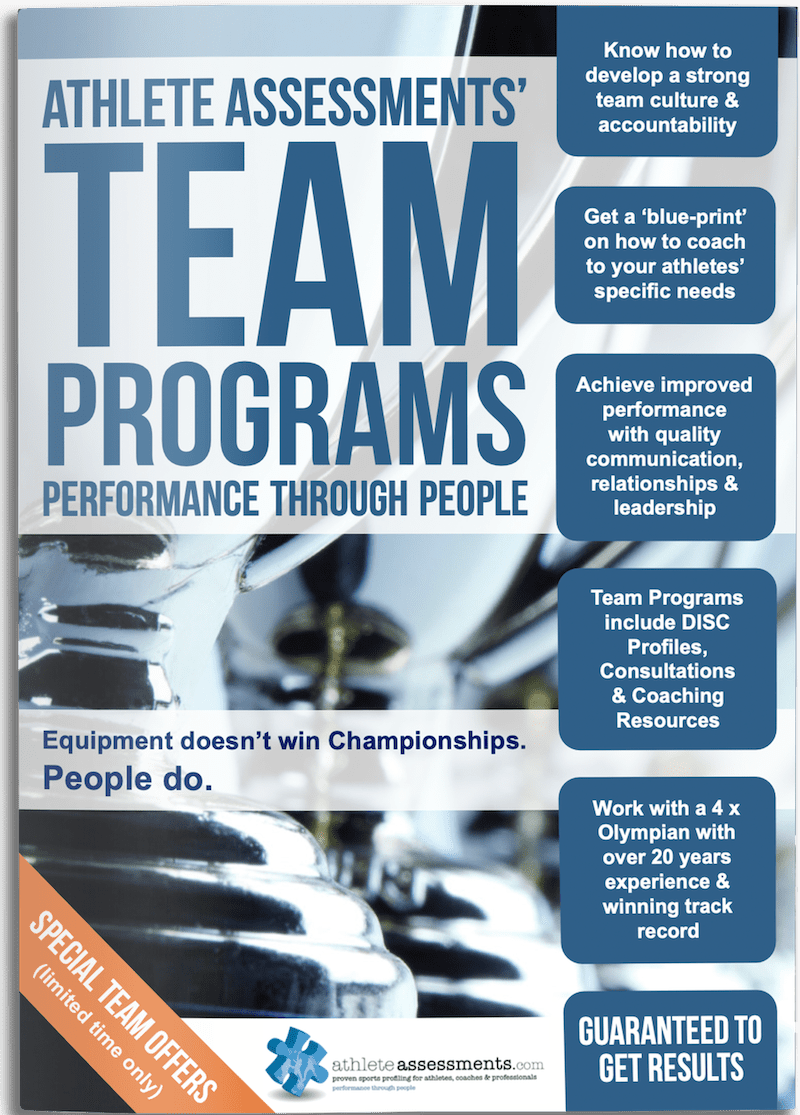
Over the summer, Bo Hanson, Director of Athlete Assessments and David Hedlund, Assistant Professor of Sport Management at St. John’s University, New York presented at the National Coaching Conference in Morgantown.
The presentation focused on David’s ‘Research into the Effectiveness of Developing Sport Coaches’ Self-Awareness using DISC Profiling’. David previously presented accompanying research at the 2014 SMAANZ (Sports Management Association of Australia and New Zealand) Conference in Melbourne.
What was the research on?
Evidence suggests that the most consistent and successful sport coaches are highly capable in the areas of leadership, emotional intelligence and interpersonal communication (Gould, Collins, Lauer, & Chung, 2007). Therefore, these areas are recognized as critical for sport coaches to develop (Gould, Collins, Lauer, & Chung, 2007). Becoming adept in these areas increases a coach’s effectiveness and helps coaches deal with many of the challenges they face both on and off the field (Sproule, 2014).
The cornerstone of the skills many sport coaches develop is strong self-awareness (Martindale & Collins, 2007). When sport coaches gain self-awareness of their own skills and competencies, numerous benefits result, including better communication skills, more self-confidence, improved relationships with co-workers and athletes, and an improved ability to successfully complete diverse job responsibilities (Gould & Wright, 2012).
DISC behavioral profiling has been a common tool used within the corporate sector for management and leadership development for at least 30 years. The primary purpose of DISC is to help develop self-awareness and provide a framework to understand one’s own and others’ behavior (Duck, 2014; Furlow, 2000). DISC has only recently begun to be used in sporting contexts. While the qualitative evaluations of the usefulness of DISC profiling in sport coaching and related classes has been promising, until recently, no quantitative data have been produced to support those conclusions.
David Hedlund and Bo Hanson’s presentation at the National Coaching Conference explored the results of students’ tests from before and after taking CoachDISC or Sports ManagerDISC assessments. Together with numerous practical case studies from within the university educational setting and broader coach development programs, the results of the research indicated that the use of DISC profiling provided benefits (e.g., increases in self-awareness, knowledge of personal strengths and weaknesses, etc.) to sport coaches in educational and developmental settings.
Who participated in the research?
Over the course of four semesters, David Hedlund from St. John’s University and Jacob Tingle from Trinity University collected research from nine separate undergraduate or graduate classes. They utilized pre- and post-tests (completed before and after completing the DISC assessment and related activities) to examine if students benefited from using two types of DISC profiling. In total, 179 students participated. Students studying Sport Management took the Sport ManagerDISC profile, and students studying sport coaching took the CoachDISC profile.
Over the course of the semester, different variations performed by two different professors were utilized, including:
- Video-Conferencing with Bo Hanson
- “Understanding your results” activities, handouts, group discussions, etc.
- A “Final Project” which allowed students to:
- Think about and understand their result.
- Engage with “observers” (friends and family) about their results
- 360-degree evaluation of their results based on their own and observers feedback
DISC Pre- and Post-Tests
The Results
Paired Samples Test Results
The results suggest that the use of DISC profiling with students in sport classes results in statistically significant, positive increases in the following indicators:
Overall, the results suggest that the use of DISC profiling in sport management and coaching classes provides numerous benefits (measured as increases between the pre- and post-test) to students.
At Athlete Assessments, we’re here to provide you with excellence in service and to help you be your best. If there is anything we can assist you with, please Contact Us.


